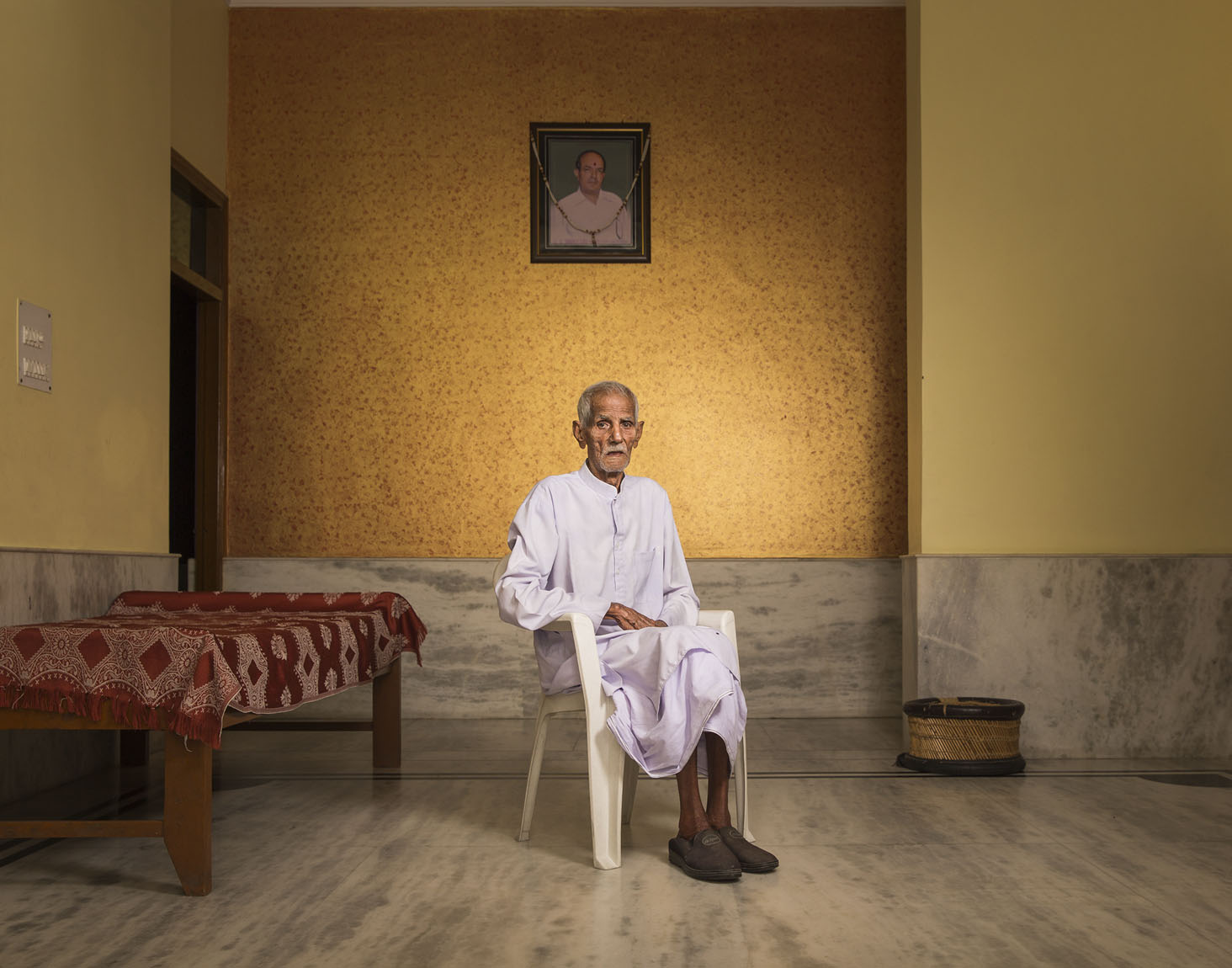My name is Lachman Singh, and I was born June 2nd, 1914, in the village of Pooth Khurd, Delhi. As a child, I wasn't very interested in going to school. India had a poor education system. I spent most of my childhood and formative years working on my family farm, where we grew wheat, rice, sugarcane and various vegetables.
Time has faded my memory, but I believe I joined the Indian Army in 1942. I enlisted in Lal Quila, Delhi. As I grew, I realized our family's farming business wasn't very lucrative. As a primary breadwinner in my household, I told my family I would join the military because they were offering good salaries. I wanted to join the Army to serve my country and support my family.
After enlisting, I was sent to Bareilly for basic training. I went through formalities such as a medical checkup and physical conditioning test. I passed both with flying colors. In training, we learned combat and how to operate vehicles and weaponry. In Bareilly is where I honed my skill as a grenade specialist.
Once we graduated, we were sent to Manipur, India then deployed to Burma, which Japan had seized from the Allied forces during a contentious battle in the region. Upon arrival, the main thing I noticed in Burma were the narrow roads. This meant that air transport was a major factor in our infantries' efforts.
Recalling the circumstance to the best of my ability, I served three tours in Burma. After each tour, we were allowed to have a rest for 1-2 months. We deserved it after the carnage we had gone through.
During most of my stay in Burma, my infantry operated in tandems. If one of us slept, the other soldier kept surveillance for both of us. We alternated throughout the day and night. We had to be on constant alert, as the Japanese forces were highly dangerous. They were masters of stealth.
I can recall an incident where Japanese soldiers threw few hand grenades at my company and killed dozens of soldiers. As I was also a grenade specialist, my British superiors asked me to do the same thing back to them. Which I did.
As if this constant paranoia wasn't bad enough, our Army couldn't even provide us with consistent meals. There was a painful famine among British Indian troops. They had deployed us but made no arrangements to feed us! We had to use our survival instincts and ingenuity to find food for ourselves from day to day. We marched through Burma, very hungry, engaging in constant combat.
I can recall once another soldier and I saw two Japanese soldiers in a bunker, one of which had a machine gun. We killed the soldier with the gun in his hand, then the other Japanese soldier fled in fear. We took the Machine gun and went back to camp.
Along with being a grenade specialist, I was something of a medical assistant in my infantry. When my fellow soldiers were shot, I was one of the first on the scene with first aid. We had a firm border between our camp and the Japanese soldiers' territory, usually the Chindwin river. For those shot within the "safe zone", I would provide help. My job was to clean their wounds, help mend them, then keep them safe until they were able to be escorted to an Army hospital.
Little did I know I would soon need my own medical treatment. The Japanese soldiers had an awful tactic of gutting us Indian soldiers then dumping our bodies in the river. The aforementioned scarcity of food made water a paramount resource. We were constantly ingesting the water, but we soon realized the decaying bodies had contaminated it. In my last tour in Burma, I fell ill along with many of my fellow soldiers. I ended up in a Hospital camp for allied soldiers, where I spent the rest of the war.
Even though I was on the sidelines, I was kept well abreast of the proceedings. After the Battle of the Sittang Bend, Japan's stronghold of Burma was significantly weakened. 10,000+ soldiers died from their side. A couple weeks later, the atomic bombs dropped and they were pretty much finished. The Japanese quickly surrendered.
After we won the war, my senior officers announced that anyone who had died or had serious injuries would be compensated by the British government. We didn't get anything from them though, the only pension came later from the Indian government. After the war, we were sent back to India. As I was still sick, one of my family members brought me back home to Pooth Khurd from the camp in Bareilly.
When I regained my health I renewed my love of agriculture on the family farm, where I worked for over 60 years. During the 1950s, I had three children, two daughters and one son.
My health hasn't allowed me to stay as involved in the farm as I once was. On January 24th, 2015, my only son passed away. My son's death has made me feel terrible. The pain hurts me tremendously, but the rest of my family helps me and lets me know how much they love me.
